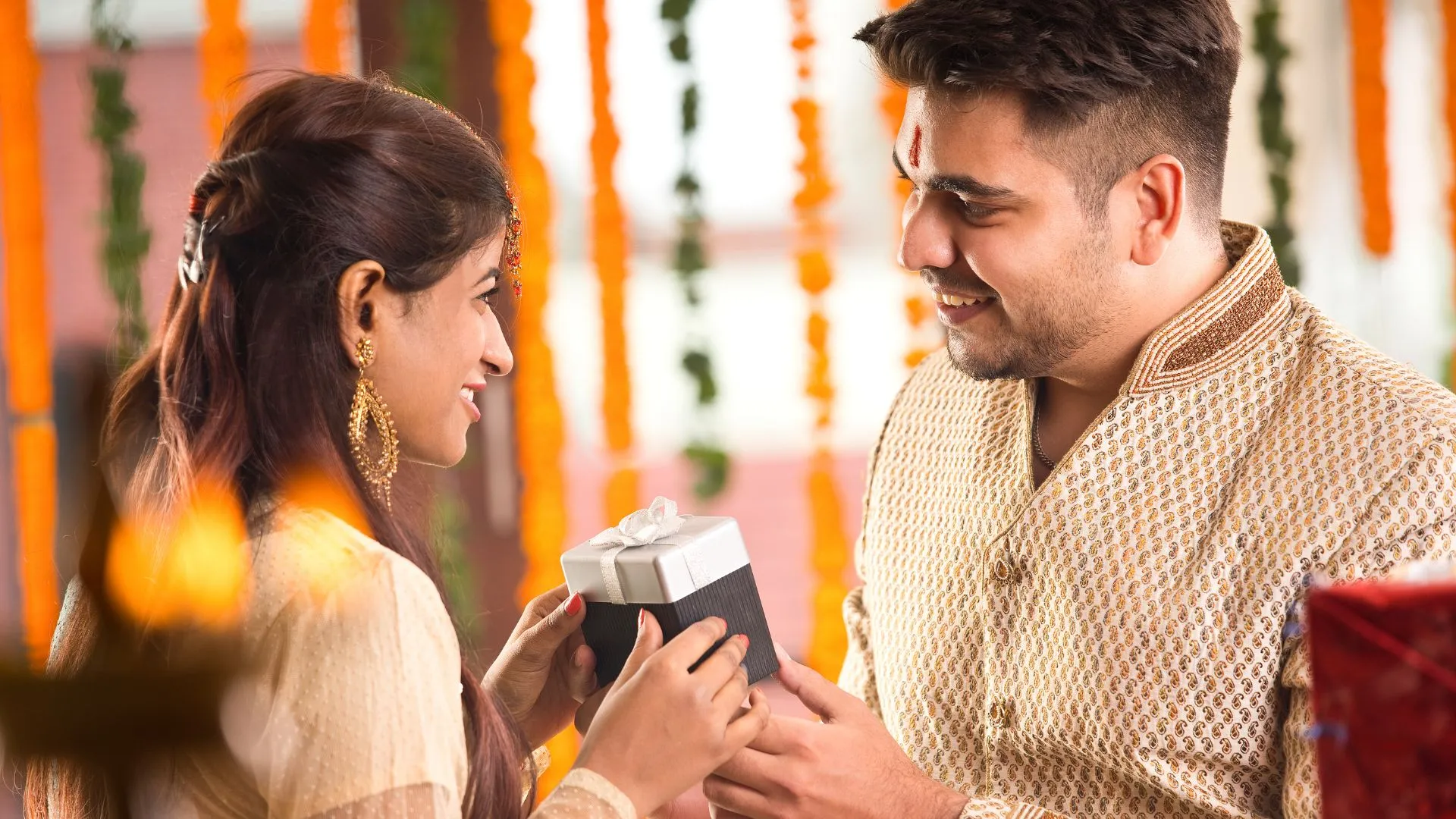Why Do We Celebrate Diwali? Unraveling the Festival of Lights


Diwali, often referred to as the Festival of Lights, is one of the most celebrated festivals in India. Every autumn, families across the country gather to illuminate their homes, share sweets, and partake in vibrant rituals that mark this auspicious occasion. But what is the essence behind this spectacular festival? Why do millions embrace this joyous event with open arms each year? Let’s dive into the reasons why Diwali holds a special place in the hearts of Indians and explore its rich tapestry of traditions and significance.
Diwali is celebrated primarily to honor the return of Lord Rama to Ayodhya after defeating the demon king Ravana, as described in the ancient Indian epic, the Ramayana. According to the legend, Lord Rama, along with his wife Sita and brother Lakshmana, returned to their kingdom after fourteen years of exile. The people of Ayodhya welcomed them by lighting oil lamps, or diyas, symbolizing the triumph of light over darkness and good over evil. This act of illumination has transcended time, and today, millions light diyas to signify hope and positivity.
Another significant aspect of Diwali is its association with the Goddess Lakshmi, the deity of wealth and prosperity. On this day, devotees clean their homes, decorate with rangoli, and perform prayers, or puja, to invite prosperity into their lives. This practice emphasizes the belief that Goddess Lakshmi visits homes that are clean and bright during Diwali, bringing blessings for the coming year.
Beyond its religious undertones, Diwali embodies the spirit of unity, love, and joy. It serves as a reminder for families and friends to come together, irrespective of their differences, to celebrate life and the bonds they share. The festival promotes a sense of community, as neighbors exchange sweets and greetings, fostering a spirit of camaraderie.
The festival is also a time for giving and sharing. Gifts play a pivotal role during Diwali, with many choosing to present thoughtful tokens of love to family and friends. From homemade sweets to personalized items, the act of giving encapsulates the essence of the festival: sharing joy and blessings with loved ones.
The celebration of Diwali is marked by various customs that vary from region to region. In northern India, the festival typically lasts five days, starting with Dhanteras, followed by Naraka Chaturdashi (Choti Diwali), the main Diwali day, and then Bhai Dooj. Each day holds its significance, incorporating different rituals and traditions.
In southern India, the festival is celebrated as Deepavali, with early morning rituals, fireworks, and feasts featuring delicious dishes. It’s a time when families come together to prepare traditional delicacies like gulab jamun, laddoos, and various savory snacks. The aroma of these festive treats fills the air, enticing everyone to partake in the joyous spirit.
In recent years, Diwali has evolved with the influence of modern lifestyles. Social media has transformed the way people celebrate, with families sharing their festivities online. Many now opt for eco-friendly celebrations, focusing on sustainability by using biodegradable decorations and avoiding harmful firecrackers, which can harm the environment.
As part of this modern twist, gift-giving has also seen a shift towards unique, thoughtful presents. Many choose to gift curated boxes that cater to different preferences and budgets. For example, consider a Shubh Mahotsav Box, perfect for those looking to celebrate the spirit of Diwali with traditional items like havan cups, diyas, and incense sticks. These thoughtful gifts not only convey good wishes but also enhance the festive atmosphere.
At Phool, we’re excited to share our latest creation—the Ram Naam Charan Paduka, inspired by the deep devotion to Shri Ram. This project is more than just an object; it’s a tribute to a timeless legacy that holds significance for millions.
Every detail of the Paduka is crafted with love by our skilled artisans, many of whom have honed their craft for over 40 years. Seeing them engrave "Ram" onto each piece is a profound experience, as they infuse each Paduka with devotion and care. The name of Lord Ram is inscribed 108 times, a mark of reverence that resonates deeply. Once completed, these beautiful Padukas will sit on their custom chowki, ready to bring peace and devotion into your home.
Diwali is called the Festival of Lights because it symbolizes the victory of light over darkness and good over evil. Homes are illuminated with diyas and decorative lights to mark this celebration.
Different cultures celebrate Diwali with various customs and traditions. For instance, in Northern India, it is linked to the return of Lord Rama, while in Southern India, it is celebrated as Deepavali, focusing on different deities and rituals.
Traditional sweets made during Diwali include laddoos, barfis, jalebis, and gulab jamun, each symbolizing joy and sweetness during the festival.
Yes! Many people are now opting for eco-friendly celebrations by using biodegradable decorations, avoiding harmful firecrackers, and choosing sustainable gifts.
A meaningful gift for Diwali can be a curated gift box that includes traditional items like diyas, sweets, and personal touches that resonate with the recipient's preferences.
Diwali is a festival that brings together rich traditions, cultural significance, and a sense of community, making it a cherished occasion for millions. As you celebrate this Festival of Lights, remember to embrace the values of kindness, generosity, and love. Whether you're lighting a diya, enjoying sweet treats, or exchanging gifts, the essence of Diwali lies in the warmth of togetherness and the joy of sharing.
Wishing you a Diwali filled with light, love, and endless happiness! May the festival of lights illuminate your life with joy and prosperity.